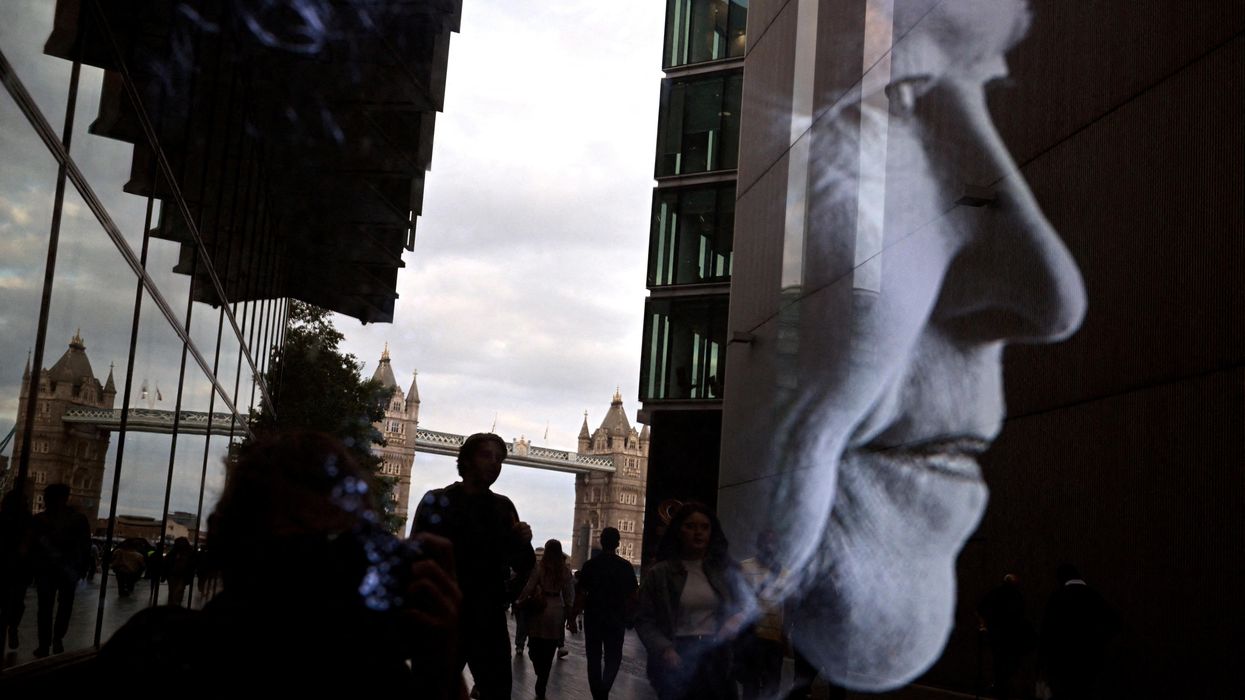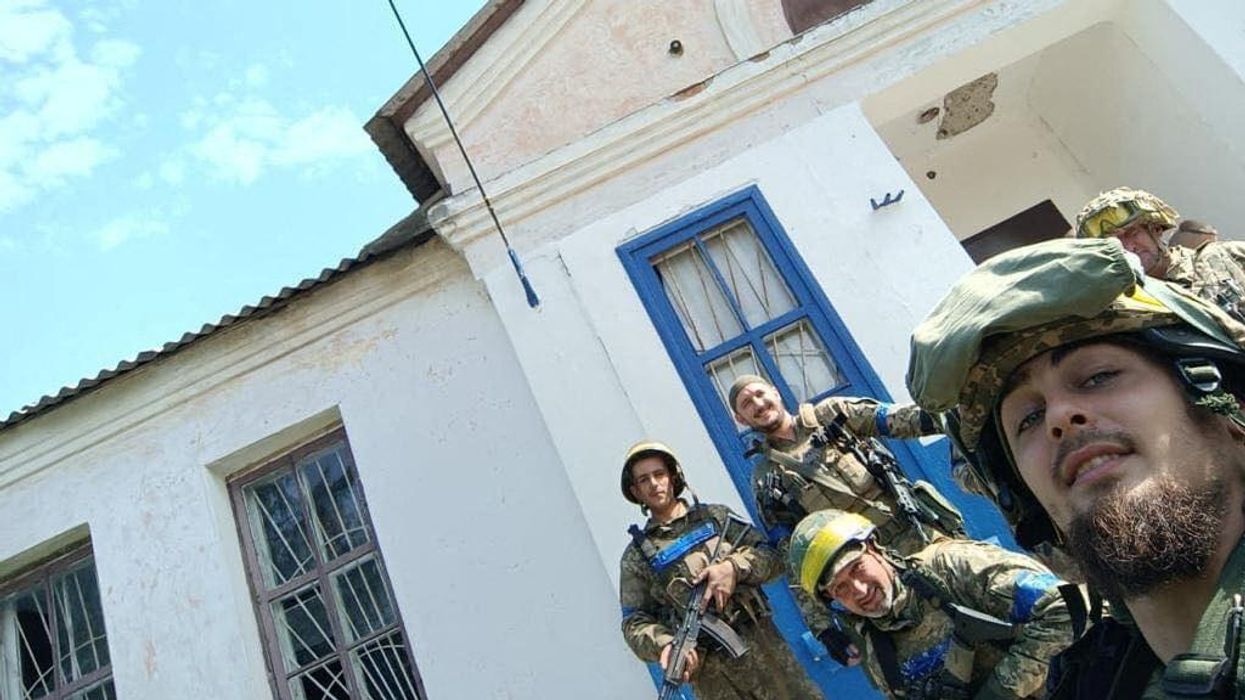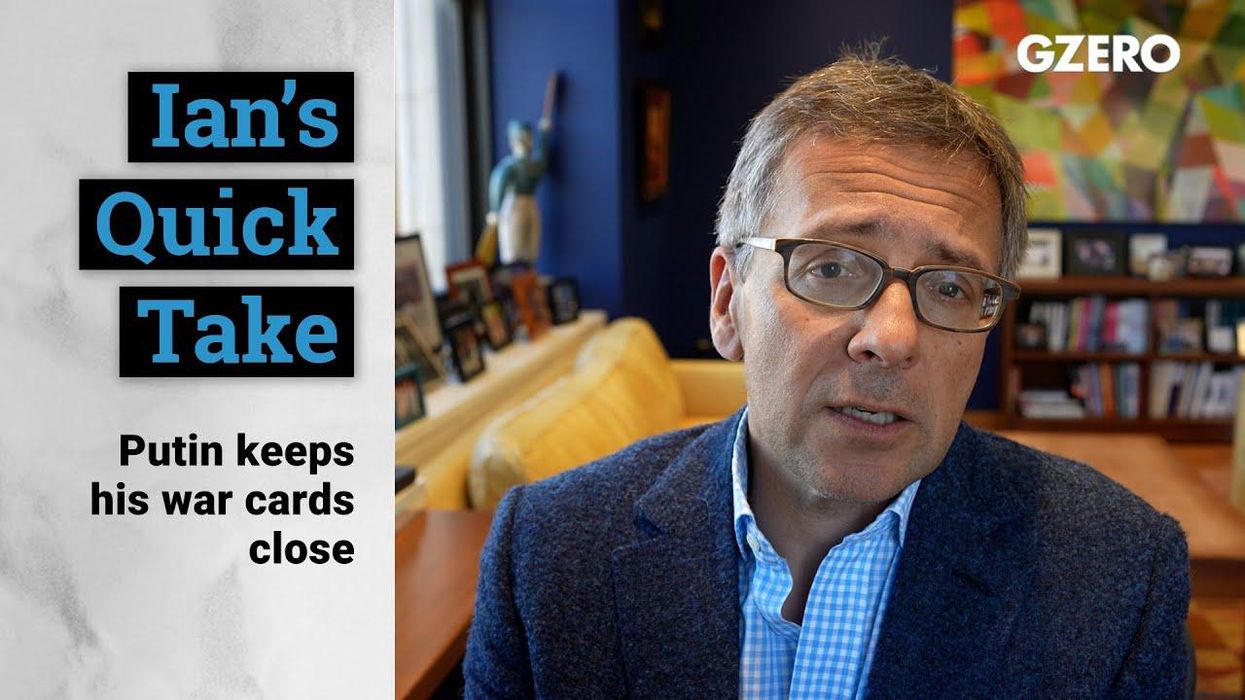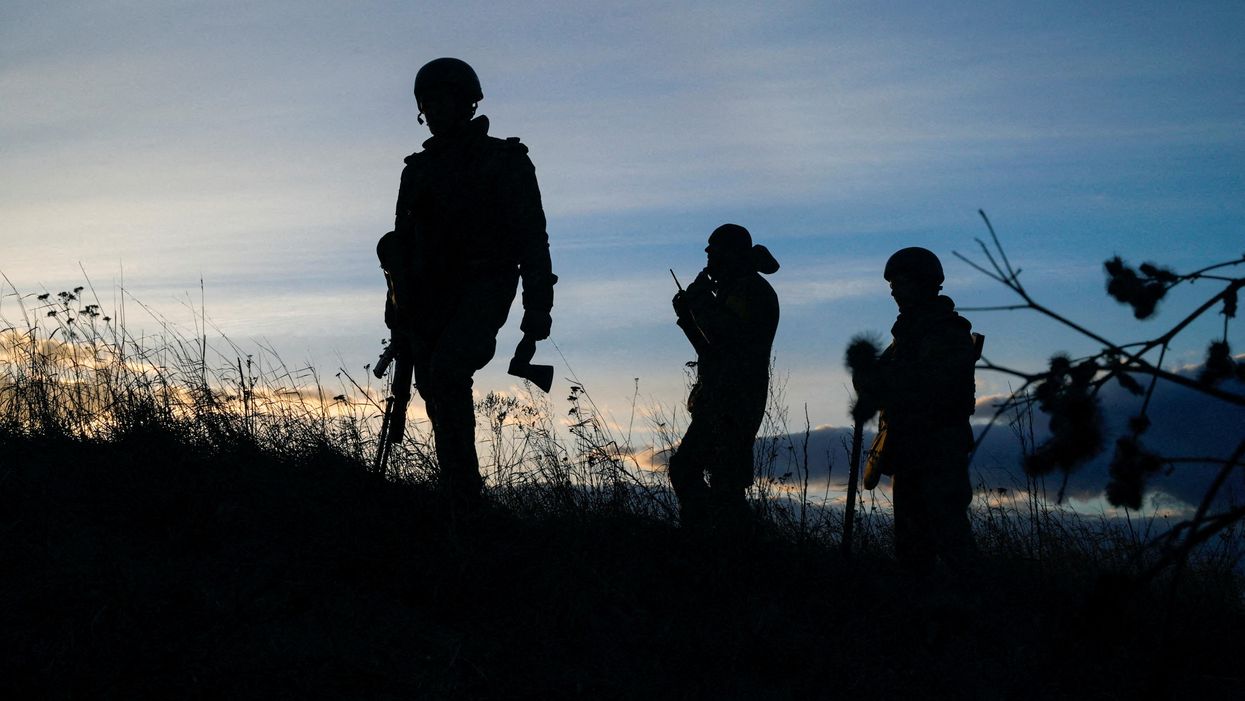News
What We’re Watching: Bidding farewell to a queen, mass graves in Kharkiv, Pelosi in Armenia
Farewell to Elizabeth II; Russian crimes in Kharkiv, House Speaker Nancy Pelosi visits Armenia
Sep 19, 2022




